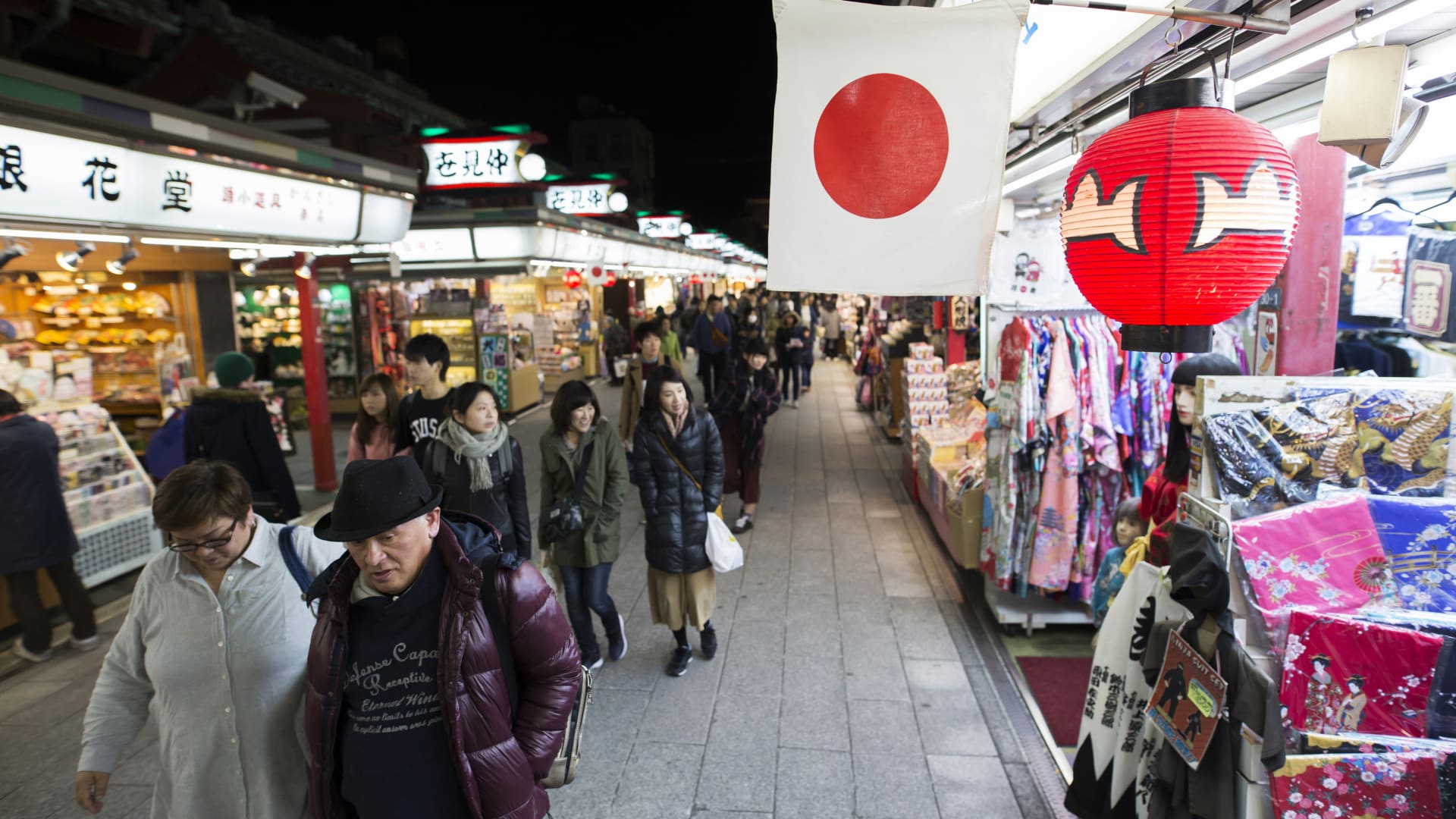Unlock the Editor’s Digest for free
Roula Khalaf, Editor of the FT, selects her favourite stories in this weekly newsletter.
Canada’s finance minister Chrystia Freeland resigned on Monday, creating fresh turmoil for Prime Minister Justin Trudeau and his minority government as they struggle to reverse their waning popularity.
Freeland, who is also Canada’s deputy prime minister, said Trudeau had on Friday told her he no longer wanted her to serve as finance minister and had offered her a different cabinet position. She said that in recent weeks the pair had been “at odds about the best path forward for Canada”.
She cited “costly political gimmicks” and differences with Trudeau about how the country should respond to the incoming Trump administration’s economic policies. In a letter posted on X, she called US president-elect Donald Trump’s threat to impose 25 per cent tariffs on Canadian imports “a grave challenge”.
She added that to “take that threat extremely seriously” meant “keeping our fiscal powder dry today, so we have the reserves we may need for a coming tariff war” as well as “eschewing costly political gimmicks”.
Freeland’s departure could serve a significant blow to Trudeau’s government at a precarious time for the prime minister. She was due to announce the country’s economic outlook in an economic statement on Monday afternoon.
Tensions between Trudeau and Freeland had been growing since a government in November announced a wide-ranging exemption to the goods and services tax and a C$250 cheque for nearly half of the country’s population.
The government, trailing badly in the polls, was hoping to regain voter confidence with the policy that would cost billions of dollars. This was central to the dispute, as one of Freeland’s pledges was to keep government spending in check.
Trudeau has faced repeated calls to step down and trails badly in polls to the opposition leader Pierre Poilievre.
In October, Trudeau insisted he would stay on as leader of his minority government despite months of speculation over his leadership and an appeal from up to 40 MPs from his Liberal party to step down.
Pressure has grown on Trudeau to step down after the party lost two safe parliamentary seats in by-elections in June and September. In September, the leftwing New Democratic party also tore up a deal to support the Liberal minority government in confidence votes, raising the chance of a snap election well before the scheduled date of October 2025.
The impending return of Trump to the White House has also piled pressure on Trudeau, who travelled to the US president-elect’s Mar-a-Lago estate last month for a meeting. Trump has threatened to wield tariffs to protect the US’s economic and national security interests, including the 25 per cent tariffs on goods from Canada and Mexico.
Speculation has resurfaced in local media this month that Trudeau wanted former Bank of England governor Mark Carney to replace Freeland. Some people close to Carney are sceptical that he would accept a political role with a very uncertain future to join a government facing an upcoming election loss.
John Manley, a former finance minister in a Conservative government, said the rift between the PM and Freeland had become detrimental to Canada. “There can’t be a crack of light between a prime minister and the finance minister and here there was,” he said.
Manley said Freeland was not very popular in Trudeau’s inner sanctum in Ottawa.
“If another senior minister or ministers step down, then yes, it is the end of the government but it is too soon to say,” he said.




